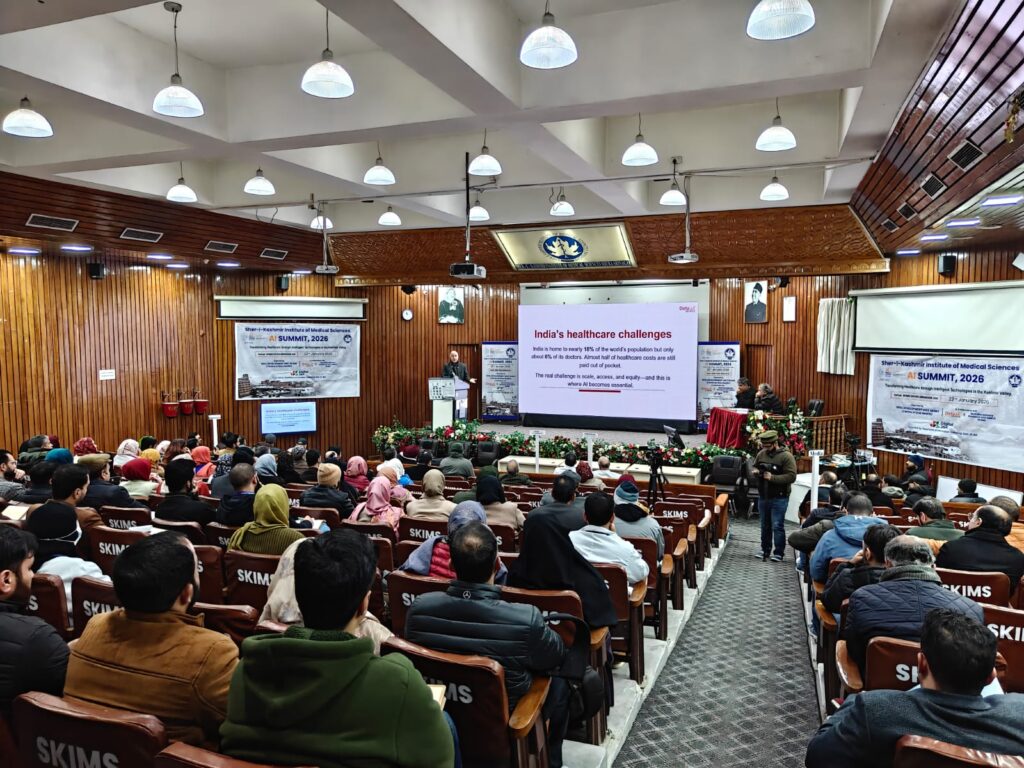Explainer: How a blood thinner works as antidote to snakebite
Author
Author
- admin / 1 year

- 0
- 2 min read

Author
Scientists at the University of Sydney and the Liverpool School of Tropical Medicine used CRISPR gene-editing technology to identify ways to block cobra venom and repurposed heparin to stop necrosis.
Recently, scientists at the University of Sydney and the Liverpool School of Tropical Medicine discovered that a common blood thinner, Heparin, can be repurposed as an effective antidote for cobra venom. The research, published last month in Science Translational Medicine, holds immense promise in changing the way snakebite is currently treated.
A neglected public health issue, snakebite is often underreported in terms of incidence and underfunded in global research. According to the World Health Organization, an estimated 5.4 million people are bitten by snakes each year, of which nearly 81,410 to 1,37,880 people die each year. Globally, three times as many amputations and other permanent disabilities are caused by snakebites every year.
Venomous snakebites are potentially life-threatening and can cause paralysis, bleeding disorders, kidney failure, tissue damage, and limb amputation, in some cases. However, most deaths and serious consequences of snake bites are preventable by making safe and effective antivenoms more widely available and accessible.
However, there are significant challenges, such as prohibitive manufacturing costs and lack of regulatory control in countries across South East Asia and sub-Saharan Africa with the highest number of snakebite cases. This is further complicated due to variable cross-snake species efficacy. Antivenom that is highly potent against a snake species may not be as efficacious against another snake species. Further, the existing antivenoms are expensive and ineffective against necrosis — cell death of tissues surrounding the bite area.
The new research offers hope. Scientists at the University of Sydney and the Liverpool School of Tropical Medicine used CRISPR gene-editing technology to identify ways to block cobra venom and successfully repurposed heparin to stop the necrosis. However, it is important to note that the study involved mice and human cells; it hasn’t been carried out on human subjects yet.
Read more: Fact-check: 3 common myths about blood donation









